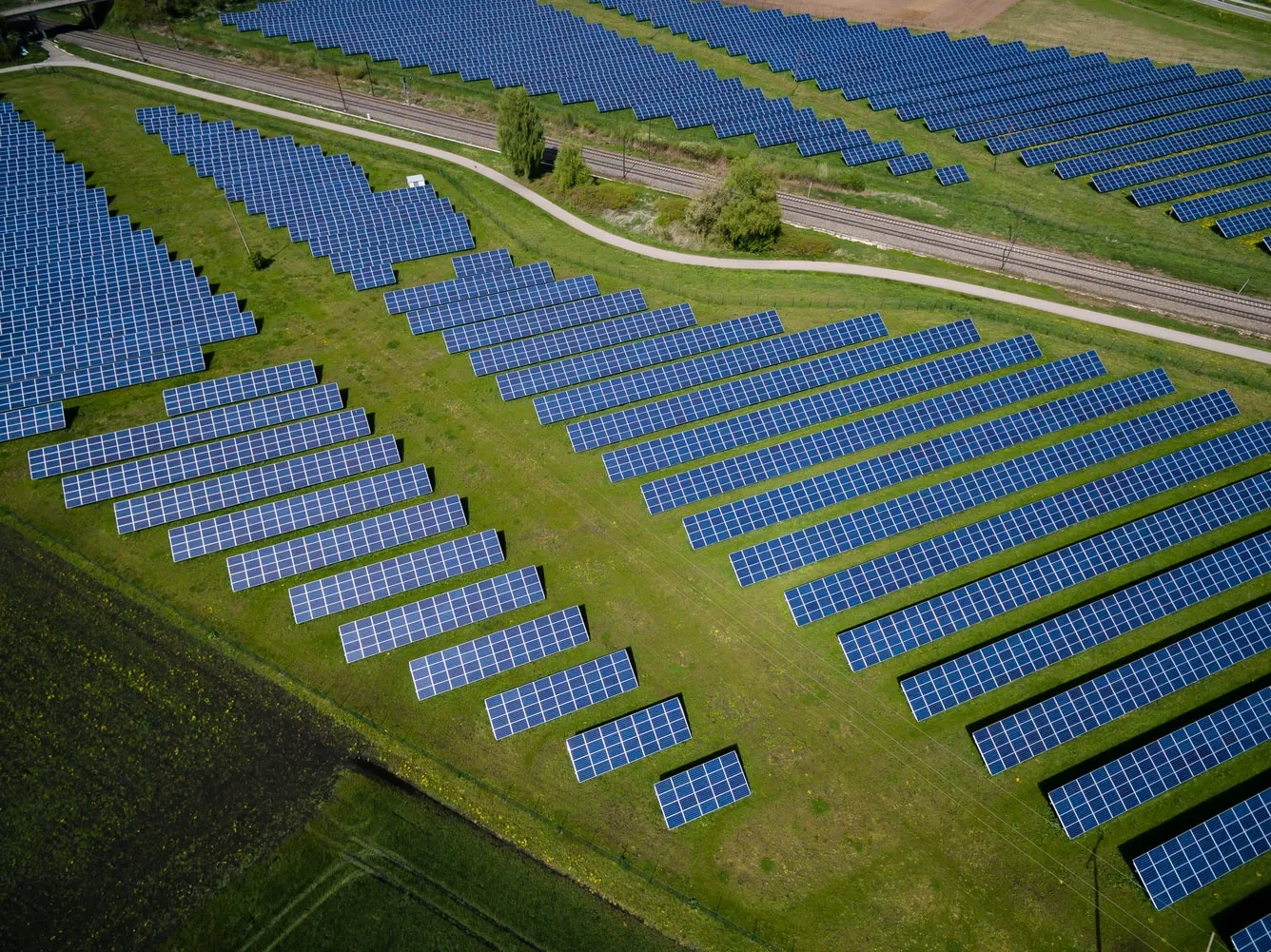On Tuesday 25th of May, the EAI Secretariat met with the Joint Oireachtas Committee on Environment and Climate Action to discuss the topic of reducing Ireland’s carbon emissions by 51% by 2030. Our opening statement and submission document focused on the findings from Our Zero e-Mission Future and emphasised the need for appropriate market arrangements or incentives to encourage the required investments in renewable deployment, system services and electrification as well as the need to engage the public and communicate the Government’s policy on infrastructure as more grid infrastructure is required in addition to the need for all planned interconnectors to be in place by 2030.
Chair of Committee, Brian Leddin TD asked what EAI thinks is required of EirGrid and ESBN to which we responded that the work that has been done to date has gotten us to ~40% RES-E but going forward we believe grid infrastructure and wires needs to come first and after that non-wires solutions can be put in place. We also emphasised the need for political leadership on the need for building infrastructure, to communicate with the public the link between climate action, decarbonisation and infrastructure. Mr Leddin agreed that this communication was important and should come from both politicians and industry. When asked about co-locating renewable and thermal plants, we cited the benefits of hybrid sites in terms of maximising the existing grid.
Likewise, as the ambition for the share of renewable electricity generation continues to increase, we highlighted the need for the expenditure cap on the provision of system services to be reviewed. When asked about industry’s experience with the first RESS auction which took place last year, Stephen highlighted the need for a connection policy that lines up with the stream of projects that are due to come on over the next few years.
When asked about the clean-up costs of stranded assets, Stephen outlined the need to understand these costs and the feasibility of abating thermal plants. When asked about security of supply and the need for backup generation from gas, Dara emphasised that gas will be used less by 2030 but will still very much be a requirement of the system and that the current capacity for gas on the system will be needed.
Several committee members asked about the level of demand for electricity which comes from data centres to which Dara discussed the opportunities and solutions data centres bring as many support renewable investments by entering into Corporate Power Purchase Agreements. As data centres demand a consistent level of energy consumption this may present opportunities for data centres to provide flexibility services to the grid, including storage capacities from backup generation and back-up battery systems.
Senator Alice-Marie Higgins asked about embodied energy with respect to carrying out energy efficiency works and deep retrofits. Dara suggested a lifecycle analysis of embodied energy for housing estates would be useful. When asked about the role of suppliers in meeting Ireland’s energy efficiency targets, Dara stressed that the low hanging fruit is diminishing making it more challenging to achieve the increasing energy efficiency targets and that access to low-cost finance will be important for homeowners embarking on retrofits.
A recording of the meeting is available online, as well as the transcript.

